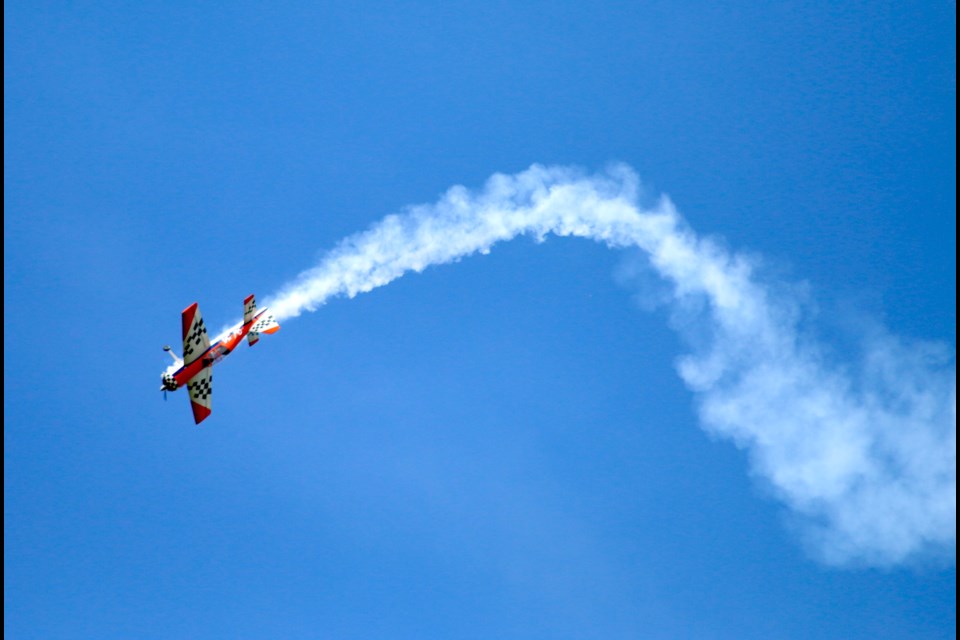THUNDER BAY - Controlling a small aircraft from the ground with only a remote and a lot of concentration may seem a little stressful, but for those who like to take to the sky while their feet are firmly planted on the ground, it’s more of an escape.
“Every day I come here and I am having a blast, I am forgetting all my troubles at home, at work, I am just switching off and enjoying what I do here,” said Marco Grenon.
This weekend, the Lakehead Aeromodelers hosted its annual Airfest, which saw aircraft enthusiasts take to the skies with remote controlled planes, helicopters, drones, and gliders.
Andrew Kondor, vice-president of the Lakehead Aeromodelers, said Airfest has something to offer remote pilots of all skill levels, including training for first time flyers.
“There’s all sorts of levels of expertise,” he said. “You can get a total beginning out here and with the new electronics and safety features in these airplanes, it’s actually quite difficult to crash. And we have the expert aircraft that are fully aerobatic and one bad move and it can lead to disaster.”
On Sunday, there was one incident that saw a plane hit the ground and break into pieces, a risk that comes with the hobby.
“It depends on how badly you hit the ground,” Kondor said. “Some of the stuff is repairable, but other times it’s just an excuse to buy a new airplane.”
For Grenon, who has been involved in remote control aircraft since he was 12-years-old and is an actual pilot with Ornge Air Ambulance, it was his interest in all things aviation that drew him to the hobby.
“I’ve been loving flying in all sorts of ways,” he said.
But being behind the controls of a remote controlled aircraft is obviously very different than being in the cockpit of a real one.
“The major difference is in a real plane, you see where you are going,” he said. “Now you are standing on the ground, and you need to think about where are we going next, but from the point of view of the aircraft, not yourself.”
“From my experience it is more difficult than the real thing,” Grenon continued. “Space orientation is really difficult from a helicopter point of view and you have to manage altitude and it’s not a stable platform. You are always doing corrections.”
Grenon has lost a few aircraft in his time behind the remote and he admits it can be an expensive hobby. But it’s a small price to pay to take to the air.
“It’s a passion,” he said.